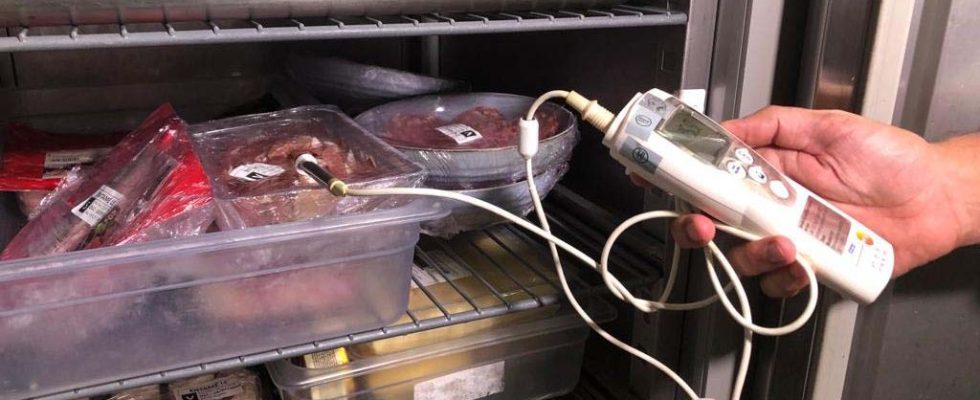It’s out of the question that the so-called “4-star” hotel is a seedy dive, that the Toulouse cassoulet actually contains exotic sausage or that the foie gras has passed its best-before date. With the approach of the Rugby World Cup (from September 8 to October 28), of which the Pink City will host five matches, the authorities are doing everything to ward off a possible bad tourist buzz and to avoid setbacks for the many visitors. In particular to the very select (and spendthrift) Japanese clientele – from 7,000 to 13,000 Japanese are expected – who will come as close as possible to the base camp of the Brave Blossoms, his popular team. “It is essential that these visitors are treated correctly”, asks Pierre-André Durand, the Prefect of Haute-Garonne who does not want “no scams or disputes”, in a field that could become conducive to excesses.
To achieve this, a series of targeted controls, and for the time being “educational” before becoming “repressive” as the competition approaches, has been launched. Not in the cafés in the fan-zone of the Prairie des Filtres, they are not there yet. But in rather upscale establishments such as the Novotel hotel in Wilson, the emblematic boutique of Gers Samaran products or the prestigious stalls of the Victor-Hugo market. The latter passed the test of the surprise visit of the inspectors of the departmental directorate for the protection of populations (DDSP 31). These sniffers of fake good deals or damaged gastro plates are around thirty, out of 70 agents in the service, and their mission is to operate by September “at least 200 targeted checks in very touristic places”. In a fairly wide range ranging from misleading online sales to cold chain control, including the display of prices
Nosy inspectors and “a little playful”
When the Food Safety (SSA) team invites itself into the kitchens of an establishment in white caps and coats, it first engages in a “quick tour” and a visual inspection, on the lookout for dust or grime on countertops. “As we are a little playful, we also bend down to see under the equipment”, explains Antony Puglisi, the deputy director of the service, gesticulating without ever letting go of his fatal weapon: an electronic thermometer with a probe to penetrate the heart of the food. A plate of white ham, just returned to the fridge after the customers’ breakfast, will soon pay the price. Cold cuts must be at a maximum of 5°C, all foods must be “wrapped” [recouverts d’un film plastique]. The team particularly appreciates when they are arranged by family, on the shelves of the fridge, preferably half empty, because it “keeps the cold better” than full. It happens that inspectors take samples to entrust to their analysis laboratory, and documents from suppliers, because, after all, a white bean from the Lauragais looks like any other white bean, and the pesticides buried in supposedly organic fruits are not obvious.
Magali Pouyet, an inspector specializing in fraud, does not have a sophisticated device. She relies on her eyes to check that the allergens are mentioned in bold on a jar of cassoulet. And on his “experience” when the number of stars on the red sign at the entrance of a hotel seems far too complimentary. “We have had several cases in Toulouse since the beginning of the year,” she said.
The DDPP also counts consumers. Reports made on site Consumed Signal allow to direct, “with a lot of reactivity”, the trackers of scams of all kinds.

